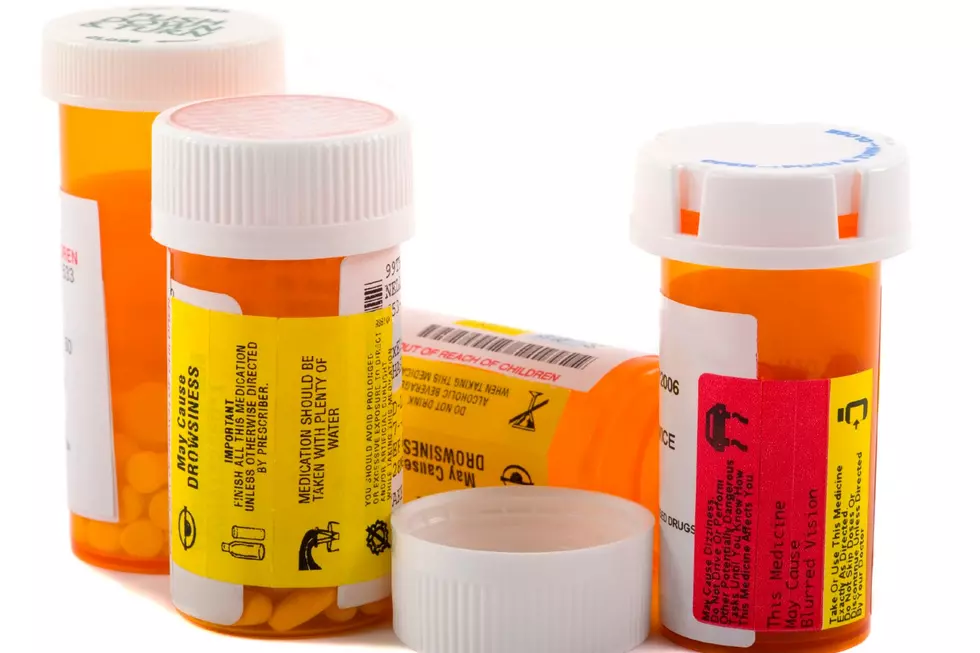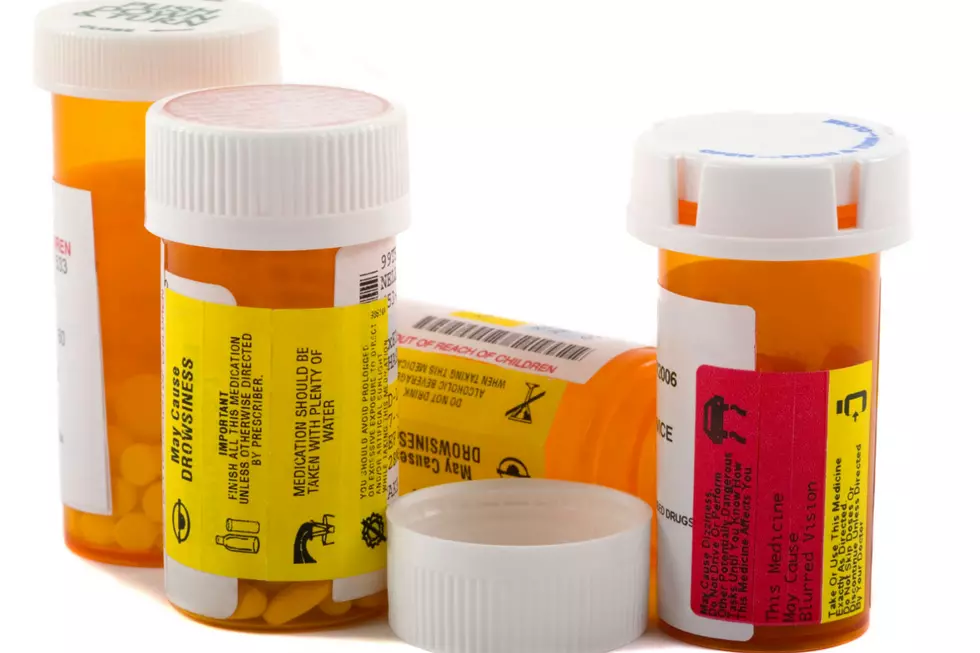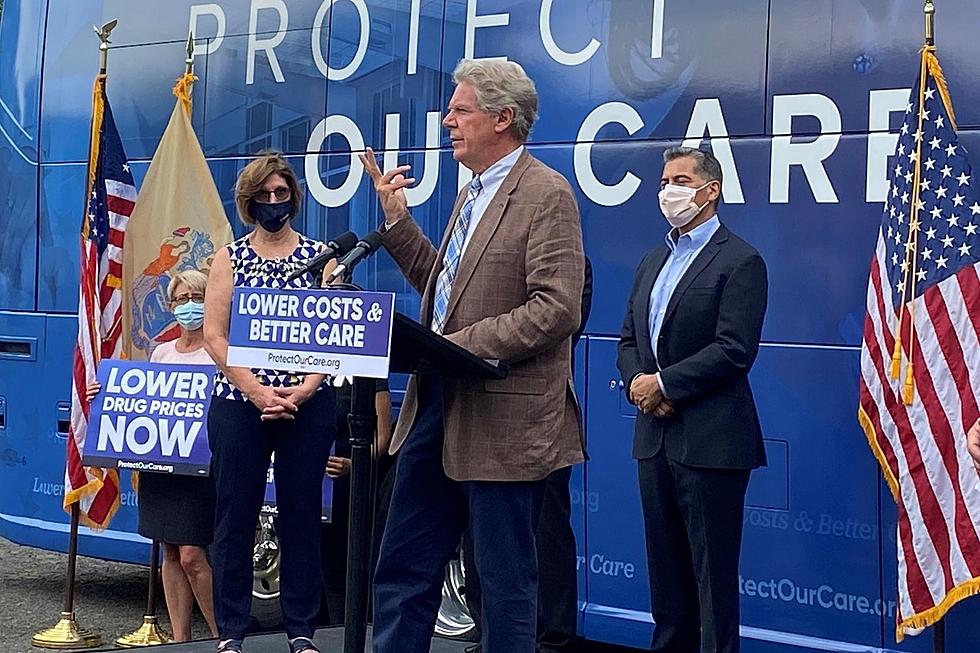![Generic Drugs Delayed By Pharma Corps [AUDIO]](http://townsquare.media/site/385/files/2013/07/Generic-Drugs.jpg?w=980&q=75)
Generic Drugs Delayed By Pharma Corps [AUDIO]
Popular prescriptions for high cholesterol, heart disease and even cancer treatments are among the list of drugs that had generic versions delayed intentionally.
The study from New Jersey Public Interest Research Group finds 20 very common brands of prescription drugs were part of a pay-for-delay agreements, an industry practice where brand name pharmaceutical companies pay off generic drug manufacturers to keep lower cost equivalents off the market, forcing consumers to pay higher brand-name drug prices.
"Rather than have a generic litigated, and having a court say 'this patent is invalid you can enter the market with a generic tomorrow,' the brand is paying money so the brand will drop the challenge," says Rutgers University Law Professor Michael Carrier, who notes the delays can be anywhere from one to nine years.
Common prescriptions on the list include Lipitor, Adderal, Cipro, and Nexium, all of which either are currently or at one time were, part of pay-for-delay agreements.
Many of the name brand drugs cost 10 and 30 times of a generic drug and Carrier notes pay-to-delay agreements cost consumers $3.5 billion each year in inflated prescription costs.
The report was issued weeks after the US Supreme Court ruled pay-for-delay agreements to be illegal under anti-trust law, however not every agreement is considered unlawful.
"On a drug by drug basis, we're going to start seeing challenges in court and maybe even the drug company itself not even entering into these disconcerting agreements," says Carrier, adding that while many companies might go to court over their delay agreements, each case could take months to play out.
A patent runs out for any specific prescription drug in 20 years, after which generics of the formula can be manufactured by other companies. However, Carrier noted not all patents hold up, and many are considered to be "shoddy." So much so, that often generic manufacturers can start producing them ahead of time. However, many patent holders will give monetary pay offs to the generic manufacturers to hold off production.
Legislation in the US Senate would address the issue of delaying generics. The Preserve Access to Affordable Generics Act (S.214), which is sponsored by Senators Amy Lobuchar (D-MN) and Chuck Grassley (R-IA), would declare pay-for-delay deals to be anti-competitive and unlawful, and it authorizes the FTC to enforce the law by initiating proceedings against the companies who participate in such deals.
Senators Al Franken (D-MN) and David Vitter (R-LA) are also sponsoring the FAIR Generics Act (S.504), which would allow a second generic drug company to enter the market if the first generic company takes a pay-for-delay deal.
More From New Jersey 101.5 FM









